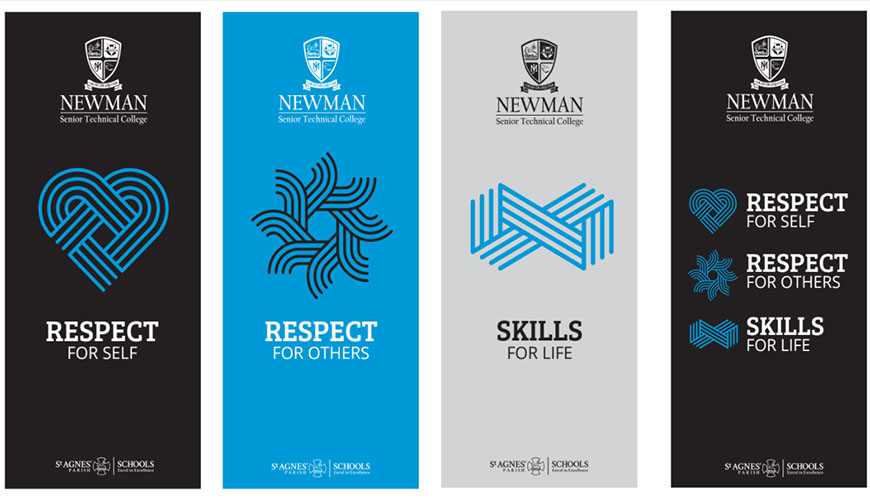I often explore elements of the College motto “Respect for Self, Respect for Others, Skills for Life” and how they can not only make us better people individually, but that they can make our communities better places for all. In essence, these first two elements form part of the holistic development of the individual and are integral in the formation of Skills for Life.
Whilst holistic education is not exclusively Catholic, Catholic education is fundamentally holistic. And this is why we strive to create a culture of and offer opportunities to our students that ensure our College is not just a place of ‘academic’ education but also a place of cultural transmission and renewal. We do so by creating environments that enable learners to continuously transform their understanding of themselves and their worlds and to use this, to face the challenges and possibilities of their lives and their future. This type of learning is authentic – it is truly transformative and is the pathway to creating holistic skills for life.The team building days and related activities, family breakfasts, work readiness program, community fundraising and awareness days are all examples of opportunities that are provided to students to explore opportunities to grow and develop holistically.
The Workplace Learning Program is another example of the type of authentic learning that can take place when students work in a real workplace, solve real-life problems and engage with members of the community outside of their family and the College. Authentic learning is not just about taking new knowledge and skills for oneself but is more about giving of one’s unique humanity to others and to the community.
Respect for Self, Respect for Others, Skills for Life is more than a motto, it is a culture that is integral to the holistic development of the young women and men in our care. It is about creating an environment that provides all members of our community the opportunity to become the best person that they can be, and to develop into the future leaders and positive contributors who are transformative within the community.
Mark Nunan
College Principal

